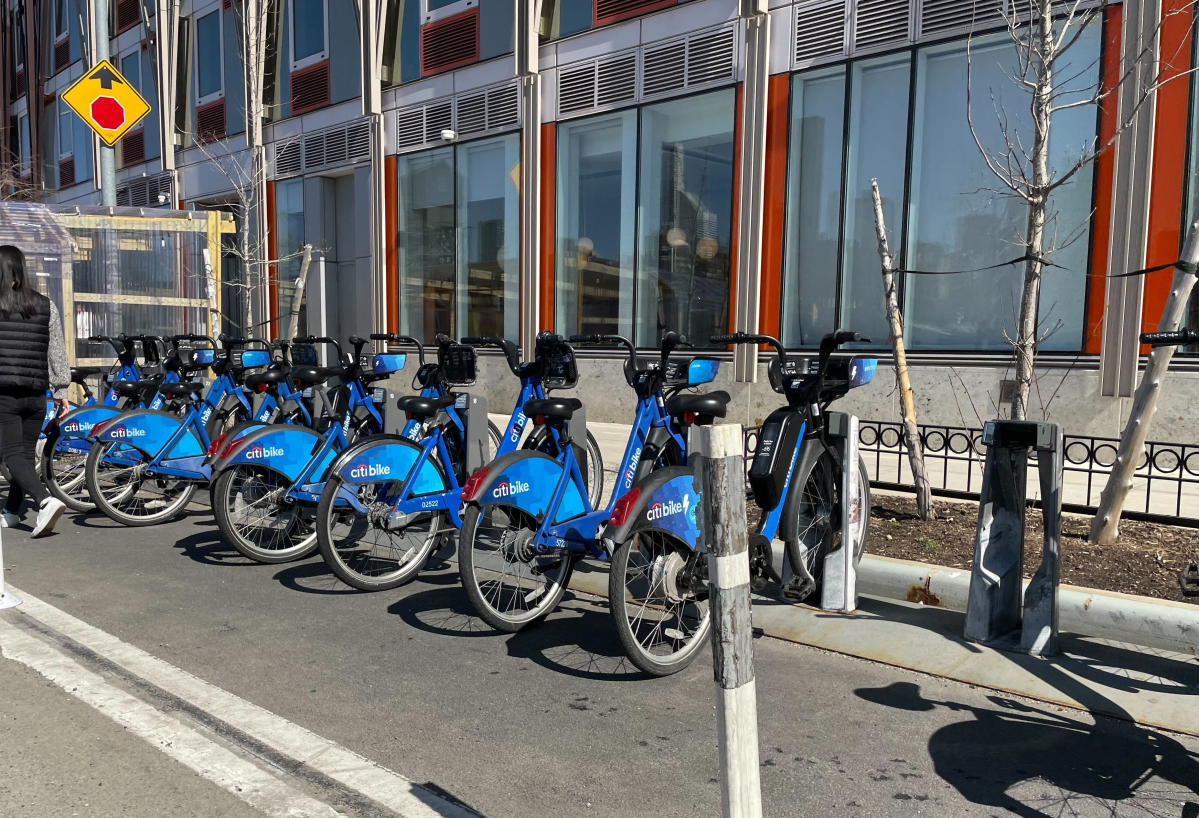It appears to be the legal end to a deeply disturbing tale.
Prosecutors plan to dismiss charges in the case of an alleged rape in Brownsville, in which five young men between the ages of 14 and 17 were accused of attacking a woman in Osborn Park last month. The case jolted the city. The 18-year-old woman had been drinking beer with her father in the quiet, deserted park, according to early accounts, which said that the attackers drove the father off with a gun before raping the woman.
The sexual violence was shocking; the father’s failure to protect his daughter was troubling. Community leaders and commentators had questions: Why were police slow in notifying the public? Would the slow response have been tolerated in another neighborhood? Why was the playground poorly lit and unlocked after hours? To some residents, Brownsville is the target of aggressive policing to combat crime, but also lacks services.
Then, more details emerged. The father, who had recently reconnected with his daughter, was supposedly having sex with her in Osborn Park, and the woman recanted the accusation that the young men had a gun, according to Brooklyn District Attorney Ken Thompson. She does not wish to pursue criminal charges against the teens or her father, Thompson says. But the case, which had overtones of the Central Park Five, had already become a referendum on racial inequities, gender inequities and policing in New York City.
In backing away from pressing charges and in recanting allegations of forcible sexual assault, the woman also told investigators that she “doesn’t do” court. It’s a distrust of and weariness with institutions that was mirrored in the wider response to the case — a distrust of the police department and a justice system unable to deal with the complexities of sexual violence. That distrust has historical precedents, ones that need to be remedied.
Mostly, the take-away should be to help a woman who, as Thompson said, clearly needs professional help to deal with what appears to be a profoundly traumatic experience. That story is ongoing. The foolish rush to make every case a proxy fight over larger issues likely will be, too.



































